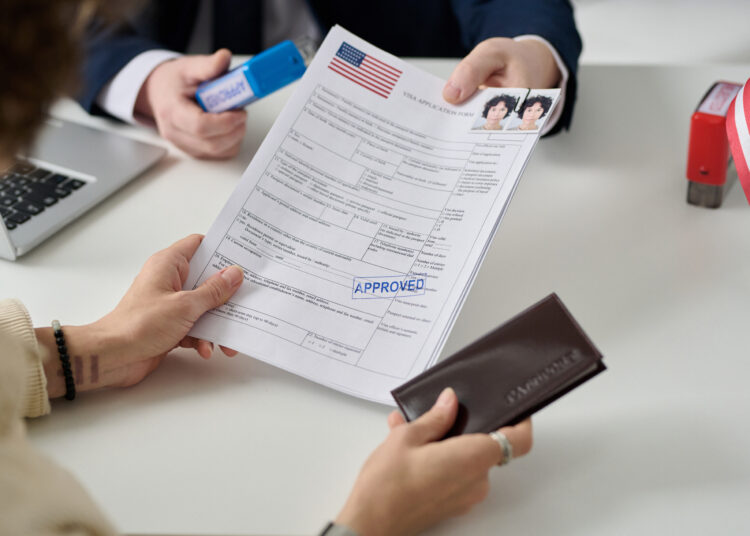Navigating Change: What Updated USCIS Guidance on EB-2 National Interest Waiver Means for Applicants
The U.S. Citizenship and Immigration Services (USCIS) has recently updated its guidance on the EB-2 National Interest Waiver (NIW), a pathway that allows highly skilled professionals to self-petition for a green card without a job offer or labor certification. These changes, effective in 2024, aim to clarify eligibility criteria and streamline the application process. Here’s what the updated guidance means for applicants and how to navigate the new requirements.
What is the EB-2 National Interest Waiver?
The EB-2 NIW is a category within the Employment-Based Second Preference (EB-2) visa that allows individuals with advanced degrees or exceptional ability to bypass the labor certification process if their work is deemed to be in the national interest of the United States. This waiver is particularly beneficial for researchers, entrepreneurs, and professionals in fields like healthcare, technology, and environmental science.
Key Updates to the USCIS Guidance
The updated guidance introduces several important changes to the EB-2 NIW process:
- Clarified Eligibility Criteria:
USCIS has provided clearer definitions of what constitutes “national interest,” making it easier for applicants to demonstrate how their work benefits the U.S. - Focus on STEM Fields:
The guidance emphasizes the importance of Science, Technology, Engineering, and Mathematics (STEM) fields, reflecting the U.S. government’s priority to attract talent in these areas. - Streamlined Evidence Requirements:
Applicants are now required to submit more targeted evidence, such as letters of recommendation, published research, or proof of significant contributions to their field. - Entrepreneurial Pathways:
Entrepreneurs who can demonstrate that their business ventures create jobs or contribute to the U.S. economy may find it easier to qualify under the updated guidance. - Enhanced Flexibility:
The new guidance allows for greater flexibility in interpreting the “national interest” standard, enabling a broader range of applicants to qualify.
What This Means for Applicants
The updated USCIS guidance offers both opportunities and challenges for EB-2 NIW applicants:
Opportunities:
- Clearer Pathways: The clarified criteria make it easier for applicants to understand what is required to qualify.
- STEM Advantage: Professionals in STEM fields may find it easier to demonstrate their eligibility.
- Entrepreneurial Support: Entrepreneurs with innovative business ideas have a better chance of qualifying.
Challenges:
- Increased Scrutiny: Applicants must provide more detailed and compelling evidence to support their claims.
- Competitive Process: With clearer guidelines, the number of applicants may increase, making the process more competitive.
Steps to Apply for the EB-2 NIW Under the New Guidance
- Assess Eligibility:
Determine if your work aligns with the updated national interest criteria, particularly in STEM fields or entrepreneurial ventures. - Gather Evidence:
Collect strong evidence, such as letters of recommendation, published work, patents, or proof of significant contributions to your field. - Prepare a Strong Petition:
Clearly articulate how your work benefits the U.S. and why a labor certification should be waived. - Submit Your Application:
File Form I-140 (Immigrant Petition for Alien Worker) with the required documentation and fees. - Respond to Requests for Evidence (RFEs):
Be prepared to provide additional information if USCIS requests further evidence.
Why the Updated Guidance Matters
The changes to the EB-2 NIW guidance reflect the U.S. government’s commitment to attracting and retaining top global talent, particularly in critical fields like STEM and entrepreneurship. By streamlining the process and clarifying eligibility criteria, USCIS aims to make the EB-2 NIW more accessible to individuals who can contribute to the nation’s economic and technological advancement.
A Pathway to Opportunity
The updated USCIS guidance on the EB-2 National Interest Waiver represents a significant step forward for highly skilled professionals seeking to build their careers in the United States. By understanding the new requirements and preparing a strong application, eligible individuals can take advantage of this opportunity to secure a green card and contribute to the nation’s growth.














